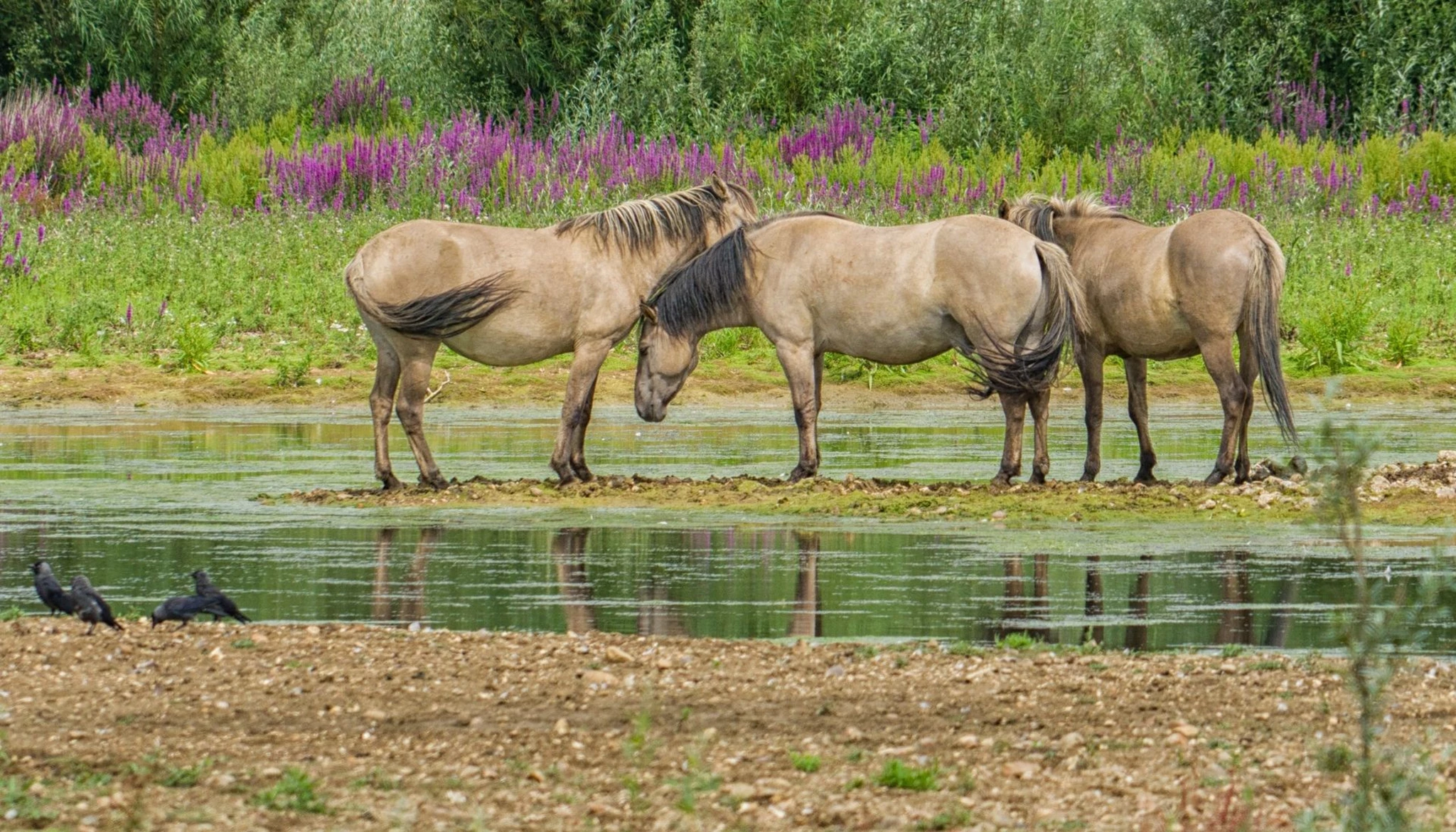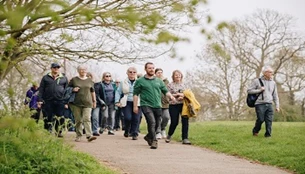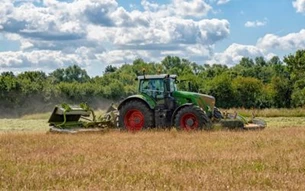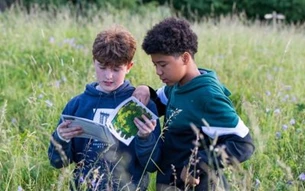Konik Ponies

We would like to advise that due to environmental changes at the Floodplain Forest Nature Reserve we have rehomed the Konik Ponies.
The Floodplain Forest is now subject to more frequent flooding events due to excessive and quick water run off rates from the built environment. Climate change factors have impacted water levels, vegetation growth rates and the habitat found at the site. Consequently, the ponies have had to be moved out of the reserve to higher ground more often and for longer periods each year. This is not ideal for the ponies and can lead to health issues and so we have looked for a new, more suitable home and are very pleased that Norfolk Wildlife Trust have offered to rehome them. They will add them to their existing herd, where they will help to carry out conservation grazing within their reserves.
The Konik ponies have done a valuable job over the last seven years they have resided at Floodplain Forest Nature Reserve. They have grazed the vegetation to help keep it as a mixed habitat, replicating how wild animals, including red deer and aurochs (an ancient type of wild cattle) would have grazed the natural floodplain forest which would have been found in this location in prehistoric times.
We know that many visitors are fond of the ponies, and we would like to offer reassurance that we have put their best interests first in making this important decision and we are confident they will be in the best of hands with our colleagues in Norfolk.






